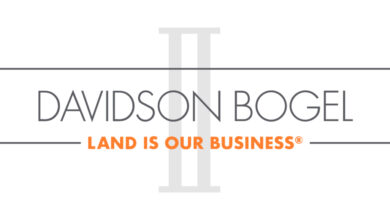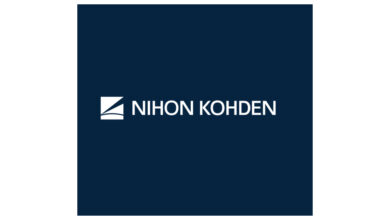Microsoft: More Than Half Of UK Workers Would Consider Quitting Their Job If Hybrid Working Was Axed, Research Reveals
Microsoft’s study shows what people really think about splitting their time between the office and home – and what companies need to do to keep their best staff
- More than half (53%) of UK workers who’ve started a new job since March 2020 were onboarded remotely
- This often made the “new starter” experience worse, with 48% finding it harder to feel part of company and team culture
- But, despite the pains of remote onboarding, 38% of HR decision makers think not having a hybrid model long term would see organisations miss out on top talent
LONDON–(BUSINESS WIRE)–More than half (51%) of UK workers who currently have the choice to mix remote and office working would consider leaving their company if this hybrid option was removed, according to new research released today by Microsoft in conjunction with YouGov (fieldwork undertaken 7th – 15th October 2021).
The findings come in the wake of recent data from the Office for National Statistics (ONS), who recently reported1 that resignations and job-to-job moves in the UK are at the highest level in two decades. The result is what experts are calling “the great resignation”, with many workers changing roles and companies, as they re-evaluate their views on life, work, and how to balance them.
However, whilst many UK workers have sought new roles in this time that offer greater flexibility, the reality of onboarding at a new business during the pandemic has not been without its challenges. More than a third (36%) of UK workers who started a new job since the outset of the pandemic experienced their entire onboarding process without ever setting foot in the workplace.
And these workers have found a number of areas difficult when it comes to remote onboarding. These include:
- Forming working relationships (42%)
- Not having a manager/team ‘in the room’ to ask for information or guidance (33%)
- Learning to use new software and applications (24%)
- Earning the confidence of colleagues (23%)
- Soaking up company culture (21%)
The HR perspective
The challenges of remote onboarding since the start of the pandemic are also recognised by those responsible for managing the process:
- More than a third (36%) of HR decision makers (HRDMs) felt remote onboarding makes it hard to provide effective, role-specific training for new starters
- 35% voiced concerns about ensuring employees have easy access to the information they need to hit the ground running
- 28% are worried about upholding their organisation’s culture and reputation
Short-term pain leads to long-term gain
Despite the potential hiccups of a remote onboarding process, both employees and HRDMs believe the long-term benefits of hybrid working outweigh these initial woes. The report points to the most pressing concerns identified by HRDMs in not having a hybrid working model:
- Inability to retain new talent – 38% recognise the risk of losing staff to organisations that offer better hybrid working options
- Negative impact on productivity – (as recognised by 25%)
- Negative impact on wellbeing – (24%) flag the negative impact on the workforce’s overall wellbeing
- Employee burnout – (23%)
- Keeping pace with competitor – 23% flag the potential of not keeping up with industry peers
Across the data, it’s evident HR professionals agree that hybrid working has quickly moved from “nice to have” to “must-have” for employees. More than half (59%) of those working in HR agree hybrid working has had a positive effect on the mental wellbeing of their workforce.
The good news for companies and their employees is that more than a third (37%) of the HRDMs surveyed who have onboarded new staff remotely since the start of the pandemic say that the process, when challenging, is resolvable with the right technology solutions.
Nick Hedderman, Director, Modern Work Business Group, Microsoft UK, says: “The pandemic has proven that organisations can trust their people to be productive wherever they are. They now have an opportunity to reshape work around individual roles, preferences and even personal lives. This is achievable through tech-enabled hybrid working models, which supports the creation of a rich digital culture to benefit everyone, helping to attract and retain top talent.”
“HR professionals, leadership teams and IT can work together using digital tools such as Microsoft Viva to create an employee experience platform to serve their organisational needs, such as making the onboarding process rewarding and inclusive for new staff. In doing so, there is a much higher chance of those new hires becoming long-term employees.” ends Hedderman.
The insights and findings are based on online surveys of 2,046 employees and 504 HRDMs in the UK. They reveal the reality of how workers are feeling about modern working practices and culture, specifically the effectiveness of onboarding new starters or being a new joiner in a hybrid workplace.
To learn more about the research findings please visit the Microsoft UK News Centre.
– Ends-
Notes to editors:
All figures, unless otherwise stated, are from YouGov Plc.
Employees: Total sample size was 2046 Employees. Fieldwork was undertaken between 7th – 15th October 2021. The survey was carried out online. The figures have been weighted and are representative of British business size.
HRDMs: Total sample size was 504 HRDMS. Fieldwork was undertaken between 7th – 13th October 2021. The survey was carried out online.
Contacts
Fergus Franklin
Assembly Media Ltd on behalf of Microsoft UK
[email protected]



